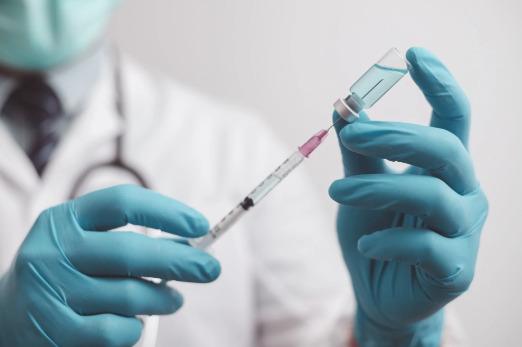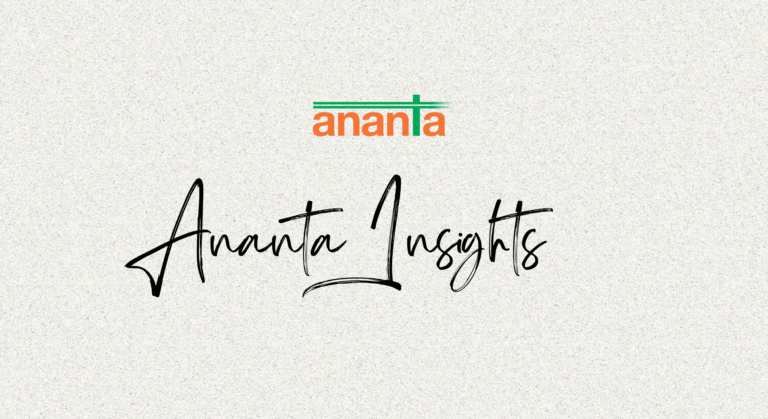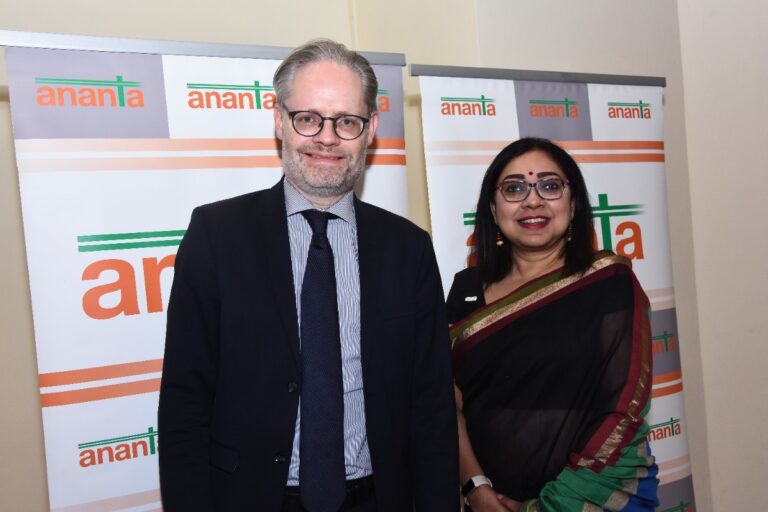The contents of this essay are based on conversations during the 7th India-US Forum
Pandemics are now a more frequent occurrence than previously believed. Within the past 24 years, the world has grappled with two pandemics, H1N1 and COVID-19. These have been accompanied by several other outbreaks, including SARS, Zika, MERS, and the NEPA virus. This section of the report will focus on lessons drawn from the COVID-19 pandemic and its global impact.
Instead of fostering a global cooperative structure, the response leaned towards national self-reliance, which ultimately proved ineffective. Several governments responded by sealing their exports of essential medicines—APIs, gloves, and syringes—leading to the disintegration of supply chains. Medical equipment and vaccines became strategic substances. Actions like invocation of the Defense Production Act by the Trump Administration led to further complications. India found itself in a position where it had to diplomatically persuade these countries to override their export restrictions.
The severity of the disruption became evident when even basic substances like paracetamol faced shortages worldwide. The European Union, for instance, depleted its stock of paracetamol, prompting India to airlift emergency supplies to meet their demand. This situation was particularly striking considering the advanced pharmaceutical capabilities of countries like Switzerland, France, Germany, Britain, and Denmark. The inability to produce even paracetamol locally underscored the extent of the crisis.
While these countries could potentially retool their production lines over time, no single country possesses the capability to replicate the entire global supply chain domestically. The regulatory hurdles and time constraints make it infeasible to address such shortages promptly.
As a result of the pandemic, medical data is now being considered useful not only for economic factors and health care issues but also for security purposes. There is a realization that this information can be weaponized. Quad’s working group on Critical and Emerging Technology (CET) is a testament to that as it tracks emerging technologies in areas such as synthetic biology, genome sequencing and biomanufacturing, and identifies opportunities for collaboration. The crisis also shaped future bilateral and multilateral engagements at several levels. The American experience with the Chinese response to COVID has overlaid their larger geopolitical relationship. The Quad working group on Health Security is another example.
Strategies for Future Preparedness
As far as learning is concerned, the effective understanding of pandemics involves three factors. First, pandemic prevention through international health regulations and disease surveillance both in humans and animals (including livestock and wildlife). Second, pandemic preparedness through resilient supply chains, research and development for drugs and vaccines, and pools of at-risk financing to support national, state, and local stakeholders. Third, effective pandemic response through the adoption of a whole-of-society approach and robust outbreak management strategies.
During the COVID-19 pandemic in India, alignment between policymakers, administrators, the private sector, and scientists facilitated greater understanding of the disease itself as well as the faster delivery of vaccines. The swift conversion of health facilities into COVID care centers and an effective containment strategy contributed significantly to disease management. The government's initiative to appoint secretary-level officers with medical expertise as health secretaries also proved to be beneficial.
Effective surveillance plays a critical role in preventing pandemics. However, two significant challenges hinder this effort—the lack of data sharing and the absence of a predefined strategy to rapidly respond to this data. The strategy continues to be missing in the post-pandemic stage. While developed or developing countries may have the ability to navigate disease-surveillance structures, lower-income countries are yet to manage the same. The expansion of these structures on a global level and information sharing are crucial for prevention.
This was demonstrated by American units like the Centers for Disease Control and Prevention (CDC) acted as multilateral structures with their own data sharing practices and fostered international collaboration in research and laboratory maintenance. However, this arrangement is now facing Congressional scrutiny, leading to further complications and hesitancy among institutions, including the WHO, to engage in politically sensitive environments. While geopolitical issues often impede data sharing and surveillance efforts, it is essential to prioritize health considerations over political concerns. Additionally, the surveillance data should be able to identify new viruses and mutations.
It is imperative to continue collection of information and data as well as to standardize medical protocols for future pandemic preparedness. Trade associations such as CII, FICCI, and Assocham can play a significant role in this regard. Hospitals should prioritize infection-control measures should be integral to the design and infrastructure of hospitals to minimize and eliminate the spread of infections. Similarly, existing COVID infrastructure can be used for drug-resistant respiratory diseases such as TB. These proactive steps will help enhance preparedness and response capabilities for future pandemics.
As several companies have now set up sustainability departments, there is also a possibility of setting up departments for pandemic management. This includes introducing risk mitigation practices and setting aside a budget for disease management.
Pandemic resilience should also account for collateral damage and the neglect of other health services. Long COVID presents a unique opportunity for post-pandemic multilateral cooperation. This involves gathering data from all sources to develop strategies for symptom identification, treatment, and management. Unfortunately, funding for COVID research has decreased, leading to a reduction in support for post-COVID clinics. It is crucial to ensure continued support for research and clinics dedicated to its management.
The India-US bilateral relationship should help rebuild trust in this domain. This exercise should be expanded to institutions like the Quad, G7, and BRICS. India has unique diplomatic leverage in this regard. By offering its robust digital health infrastructure as a global public good, India can also contribute significantly to international efforts aimed at pandemic prevention and healthcare improvement.
























